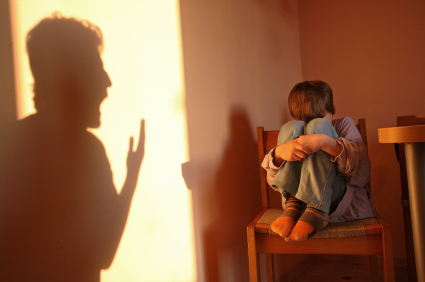Psychiatric Disorders Linked to More Physical Disease

In an article in the journal JAMA Network Open, Leah S. Richmond-Rakerd and colleagues found that people with mental disorders had more physical disease at younger ages, they had more and longer hospitalizations and associated health care costs, and they were more likely to die at younger ages than people without mental disorders.
The research came from a population-based cohort study of more than 2.3 million citizens of New Zealand over three decades. The authors concluded, “These findings suggest that ameliorating mental disorders may have implications for improving the length and quality of life and for reducing the health care costs associated with physical diseases.”
Editor’s Note: This editor would suggest the importance of also doing the opposite, that is, looking out for and treating and preventing the physical illnesses to which psychiatric patients are more vulnerable in order to improve the length and quality of life.
Either way, medical illnesses, both physical and psychiatric, are intimately intertwined, and both deserve careful and early intervention. Psychiatric and physical illnesses cause suffering, disability, and early demise. Major psychiatric illnesses need to be seen as potentially lethal medical illnesses, a fact that few people realize. Conversely, physical illnesses are often not treated as aggressively or intensively in psychiatric patients as in the general population. For example, patients with bipolar disorder get fewer interventions with stents and bypasses for the same heart problems as others. Special attention needs to be given to better encourage and support the medical health of psychiatric patients.
U.S. Patients with Bipolar Disorder Have More Stressors in Childhood and Prior to Illness Onset
In research published since 2008, our Editor-in-Chief Robert M. Post and colleagues in the Bipolar Collaborative Network have compared patients with bipolar disorder in the United States to those in Germany and the Netherlands. Compared to the European sample, patients in the US have more genetic vulnerability to bipolar disorder (by having a parent with bipolar disorder), earlier onsets of their illness, more complicated courses of illness, greater treatment resistance, and more medical comorbidities. Patients in the US also have more psychosocial stress.
The researchers are now turning their attention to these psychosocial vulnerabilities, and in a new paper that will be published in Psychiatry Research (late in 2013 or early in 2014), the authors show that patients in the US had more stressors both in childhood and just prior to the onset of their illness. Childhood stressors analyzed in the study were verbal abuse, physical abuse, and sexual abuse. Stressors in adulthood included indicators of a lack of social support, troubles with finances or employment, lack of access to health care, and medical comorbidities.
The stressors patients experienced just prior to their most recent episode of bipolar illness were related to: stressors in childhood, an earlier age of illness onset, anxiety and substance abuse comorbidity, lower income, both parents having an affective illness such as depression, and feeling more stigma.
The new research suggests that for patients with bipolar disorder in the US, adverse life events in childhood and later in life are more prevalent than they are for patients in the Netherlands or Germany. Earlier and more effective approaches to these stressors, such as the Family-Focused Therapy developed by David Miklowitz and Kiki Chang, could potentially slow the onset or progression of bipolar illness in this country.


